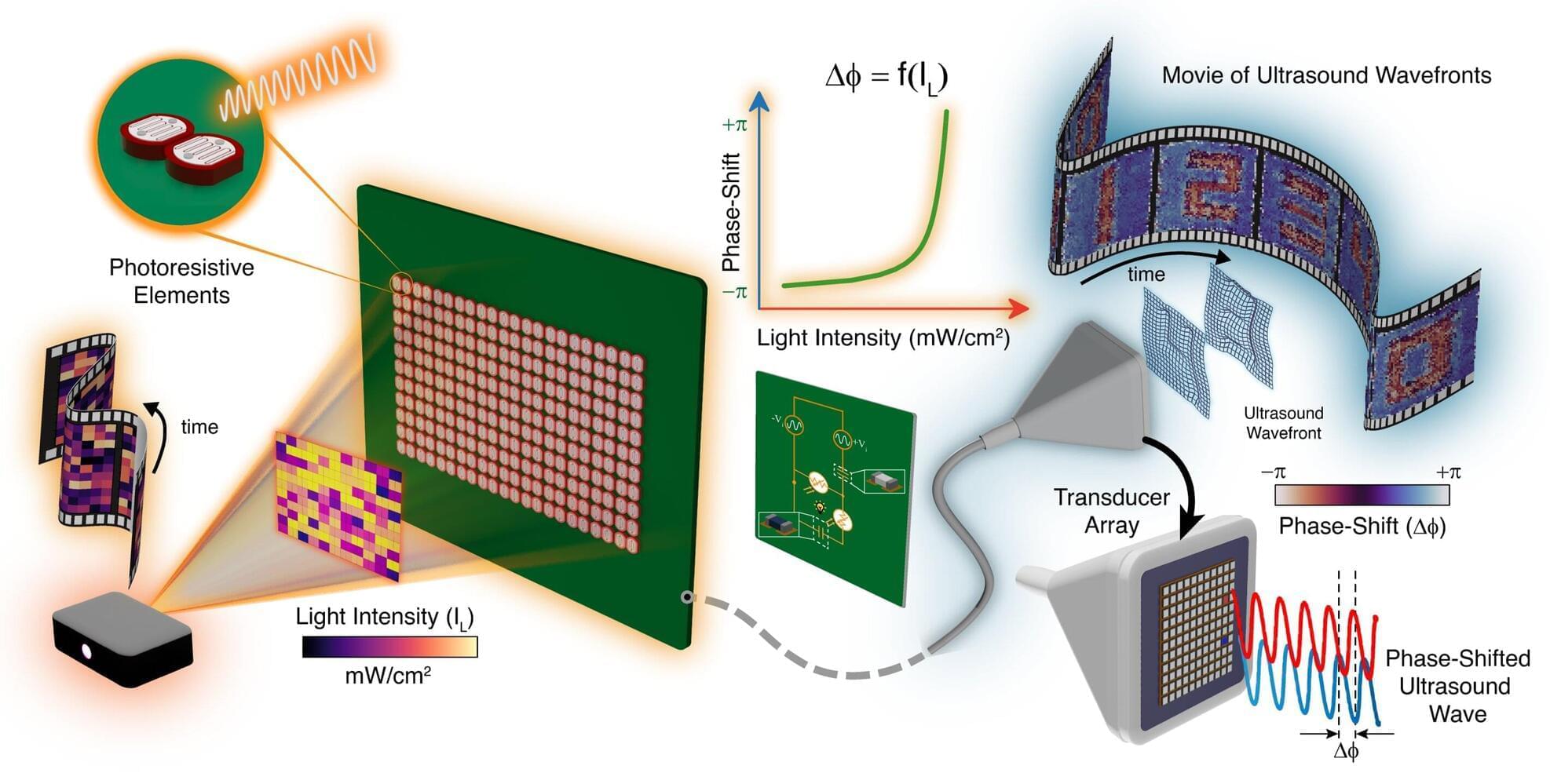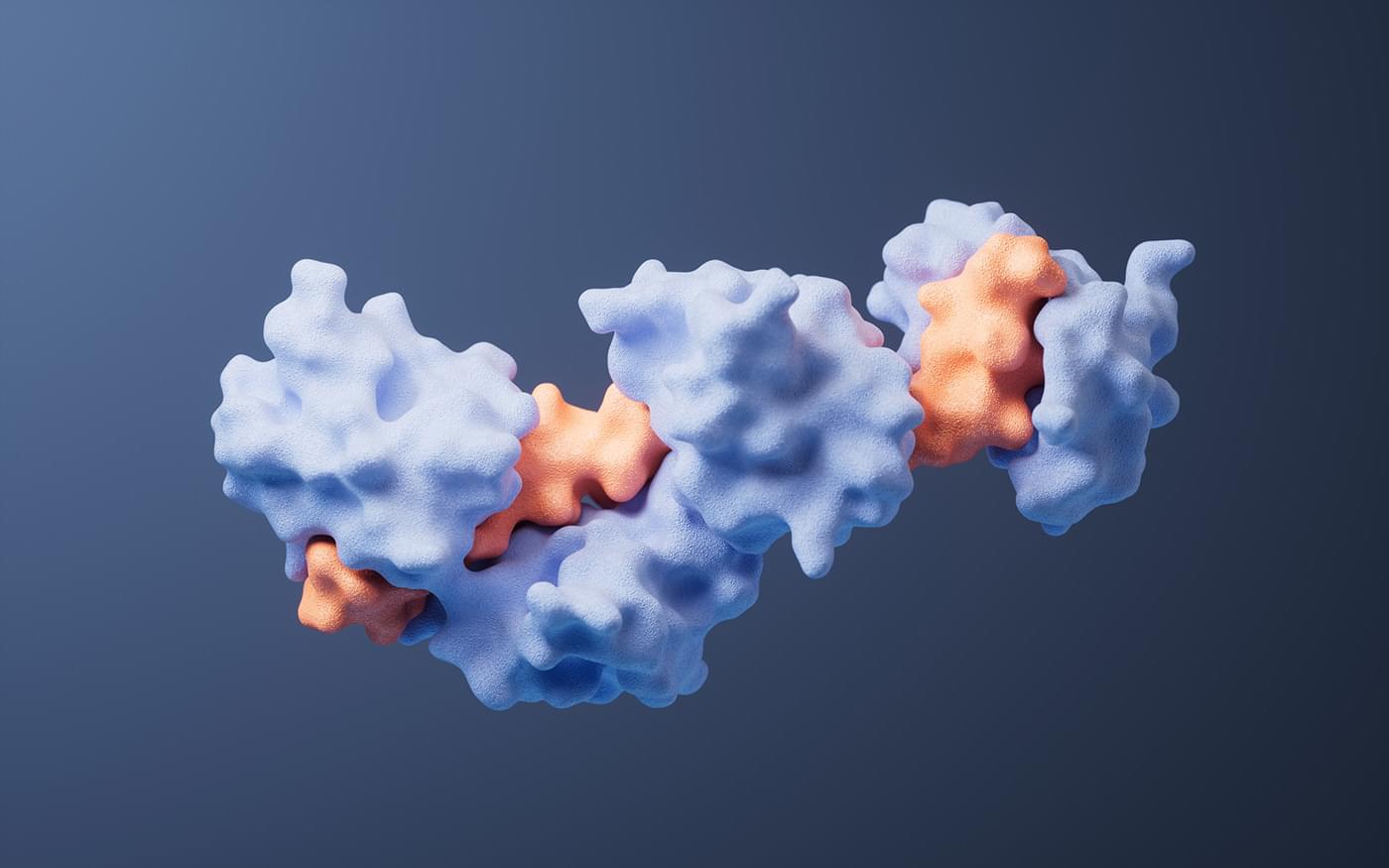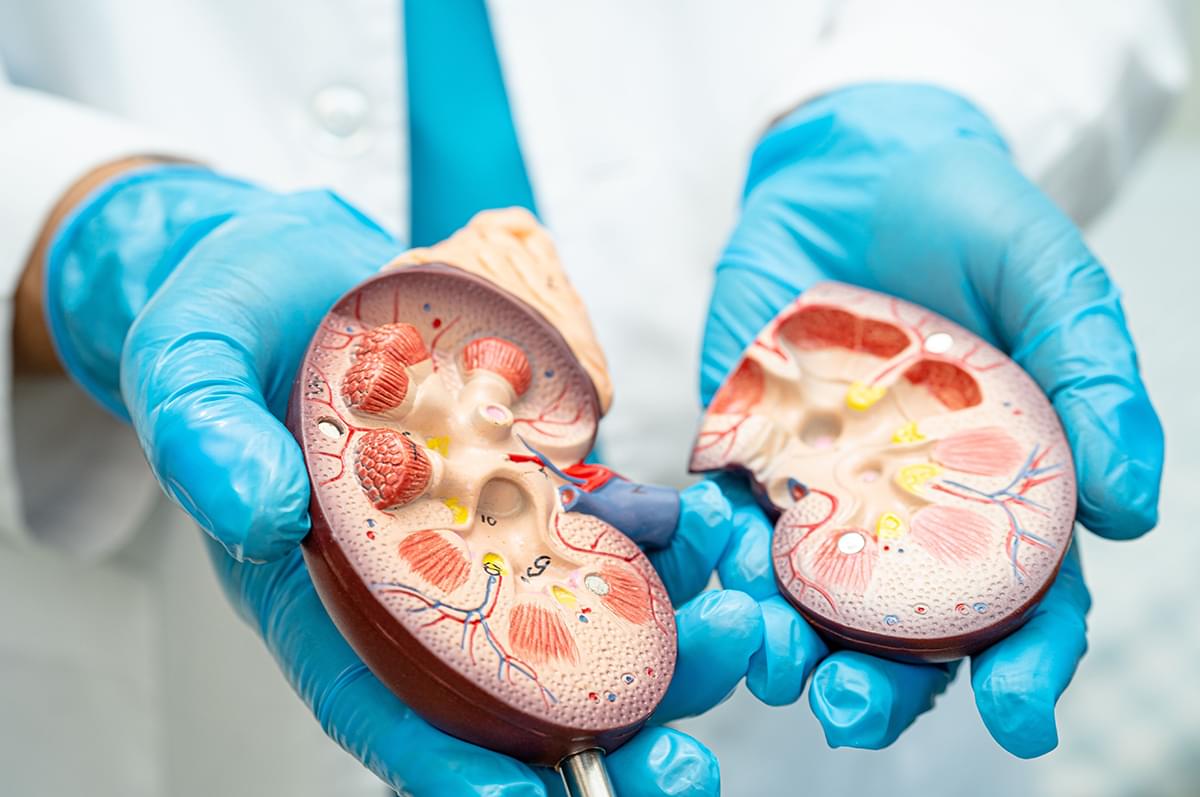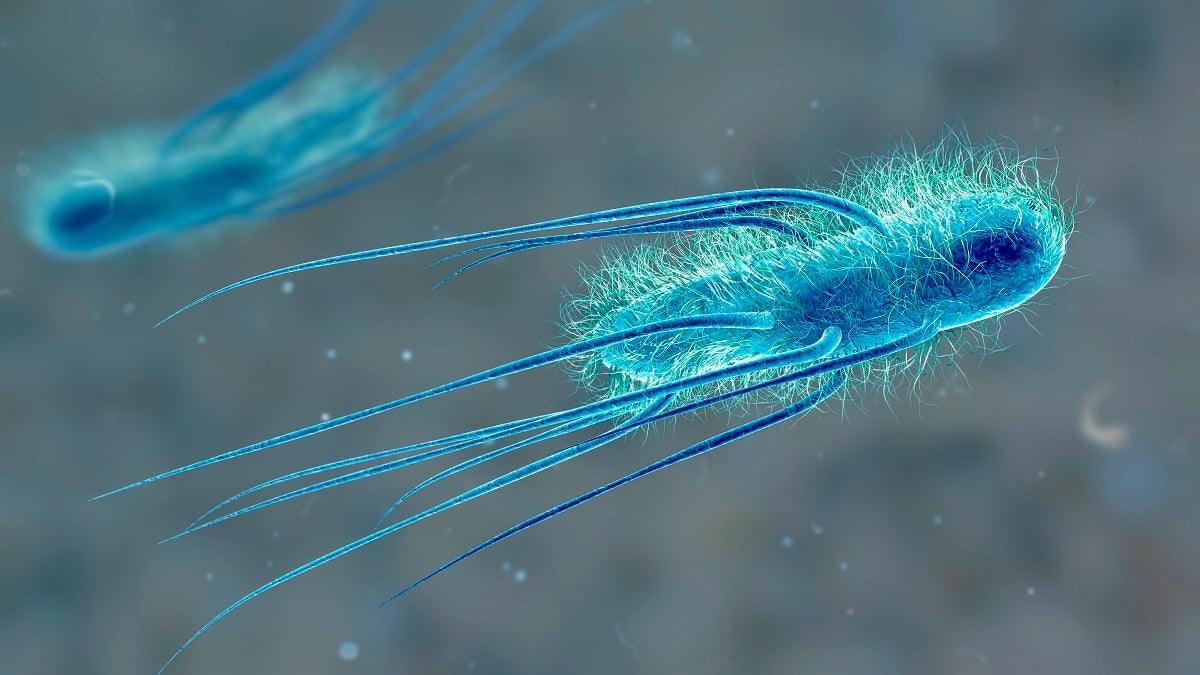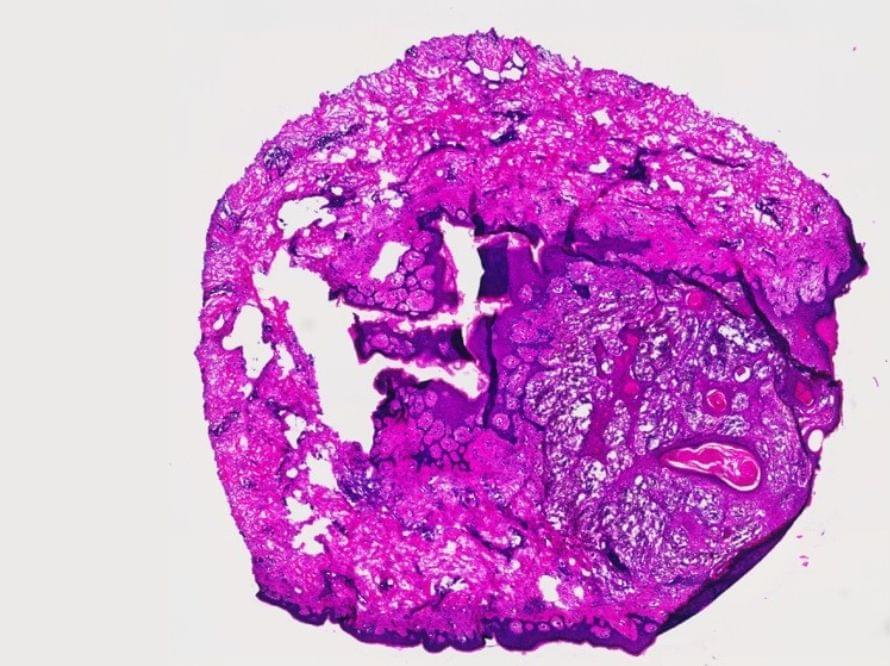The notion of a phased array was initially articulated by Nobel Prize recipient K. F. Braun. Phased arrays have subsequently evolved into a formidable mechanism for wave manipulation. This assertion holds particularly true in the realm of ultrasound, wherein arrays composed of ultrasound-generating transducers are employed in various applications, including therapeutic ultrasound, tissue engineering, and particle manipulation.
Importantly, these applications—contrary to those aimed at imaging—demand high-intensity ultrasound, which complicates the electrical driving requirements, as each channel necessitates its own independently operational pulse circuitry and amplifier. Consequently, the majority of phased array transducers (PATs) are constrained to several hundred elements, thereby restricting the capability to shape intricate ultrasound beams.
To date, there exists no scalable methodology for the powering and control of phased array transducers.
